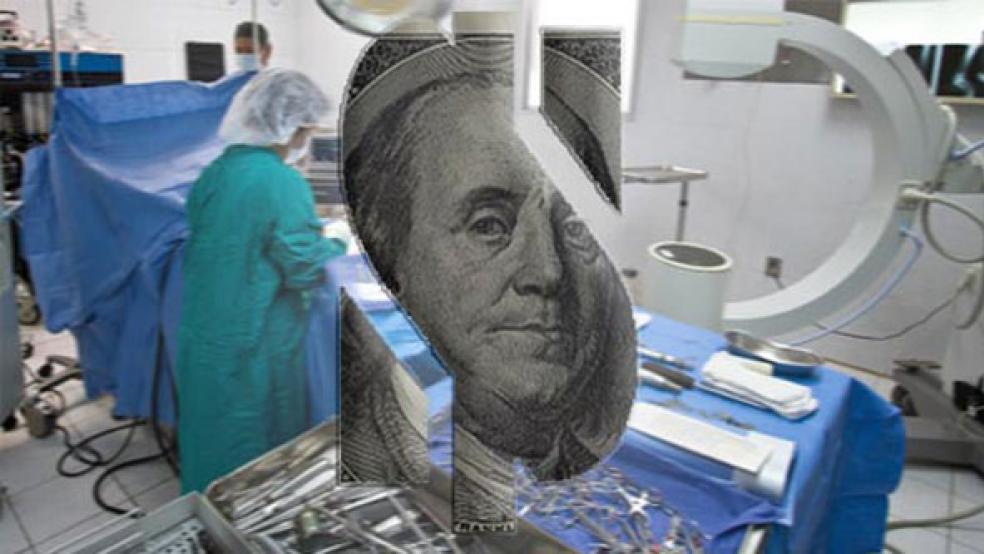Collection agencies in the U.S. hold about $140 billion in unpaid medical bills, according to a study published Tuesday by Jama: The Journal of the American Medical Association.
The new analysis raises the estimate of the nation’s medical debt held by collection agencies significantly, well above the $81 billion figure researchers produced in 2016.
The new study found that about 18% of Americans have medical debt that is owned by collection agencies. Between 2009 and 2020, medical debt became the largest type of debt that is owed to such agencies, even as overall debt levels fell during the period.
“If you think about Americans getting phone calls, letters and knocks on the door from debt collectors, more often than not it’s because of the U.S. health care system,” Neale Mahoney, a health economist at Stanford University and the paper’s lead author, told The New York Times.
More where that came from: The study looked only at medical debt held by collection agencies, which means the true total is much larger. Hospitals sometimes hang on to unpaid bills and try to recover debts on their own, while some medical expenses end up on credit cards.
A major Medicaid effect: The study also found that medical debt is becoming more concentrated in states that have not expanded their Medicaid systems, as allowed under the Affordable Care Act. Even before the ACA came along, people living in the states that did not expand Medicaid owed more in medical debt. But after the majority of states expanded Medicaid to cover millions of additional low-income families, the debts of those living in non-expansion states became a larger share of the total. By 2020, the average medical debt in non-expansion states was about $375 higher than in the average debt in expansion states.
Economist Amy Finkelstein told the Times that health coverage isn’t limited to matters of physical and mental health. “It’s a misnomer — it’s not just to insure your health,” she said, referring to health insurance. “It’s actually to protect you economically in the event of poor health.”
Democrats eye expansion: Democrats included the possibility of expanding Medicaid in the 12 states that have declined to do so in the $3.5 trillion budget blueprint released last week. Although the idea is still being debated, one proposal would allow the federal government to offer Medicaid in non-expansion states, bypassing the state health care systems. Lawmakers still need to hammer out the details, though, including how to pay for the cost of such a program.




